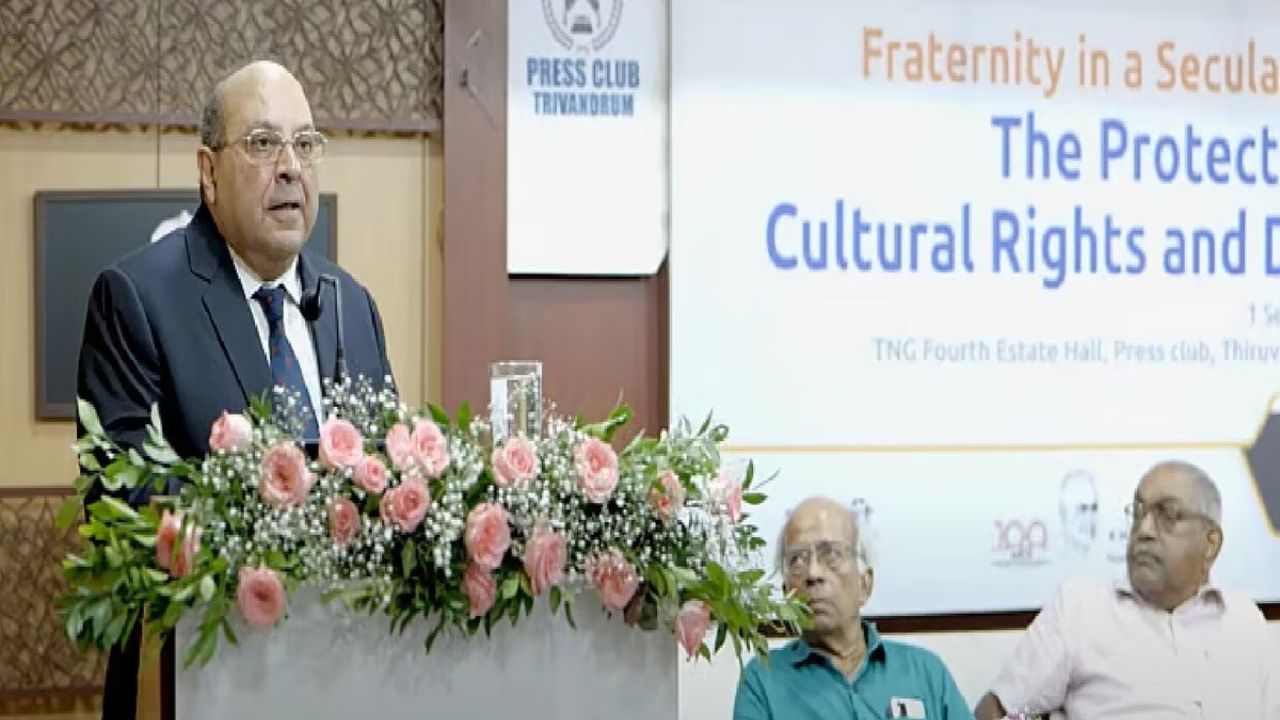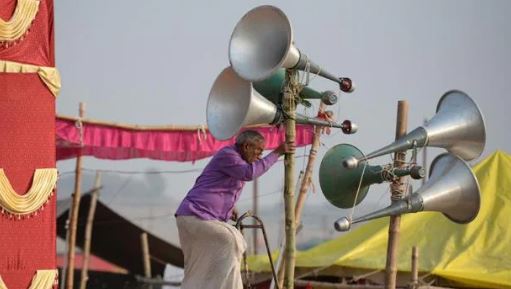 English
English

Former Justice Rohinton Nariman urged a nationwide ban on loudspeakers at religious places, citing noise pollution, public health concerns, and constitutional rights to peace and equality for all citizens.

Justice Rohinton Nariman Calls for a Ban on Loudspeakers (Image Source: Internet)
New Delhi: Recently, former Supreme Court judge Justice Rohinton Nariman called for a complete ban on the use of loudspeakers and other loud-sounding devices at religious places. He made this point during the KM Basheer Memorial Lecture at the Thiruvananthapuram Press Club.
He argued that this not only contributes to noise pollution but also violates citizens' right to health and a peaceful life.
Justice Nariman stated that no religious place—be it a temple, mosque, church, or gurudwara—should be allowed to use loudspeakers or other loud-sounding devices. He emphasized that if this is not controlled equally, questions may arise about favoritism toward one religion.
Supreme Court orders Air Pollution Control Bodies to submit action plan within 3 weeks
Justice Nariman sarcastically remarked that today every religion is competing to make its point louder, as if God cannot hear. He cited the example of mosques calling for prayers over loudspeakers while temples ring bells at high volume. He said that "so much noise is not necessary to hear God" but only causes discomfort to the general public.
Nariman directly identified noise pollution as a "public health issue." He stated that loudspeakers and other noisy religious instruments disrupt people's sleep and mental peace, which fall under their fundamental rights. He warned that if this is not controlled, it could become a "widespread health crisis."

He appealed to all state governments to take this issue seriously and take appropriate action. Nariman suggested that loudspeakers be used only in places where the sound does not emanate, such as closed auditoriums or halls. Installing loudspeakers in the open or in residential areas should be completely banned.
Supreme Court objects to Tamil Nadu using temple funds for marriage halls
Linking this topic to a constitutional perspective, he spoke of the Preamble of the Constitution, which begins with "We the People of India." He said that this does not refer only to the majority of men but to every citizen. Its aim is to give every person equal rights, including a peaceful life and health.
No related posts found.